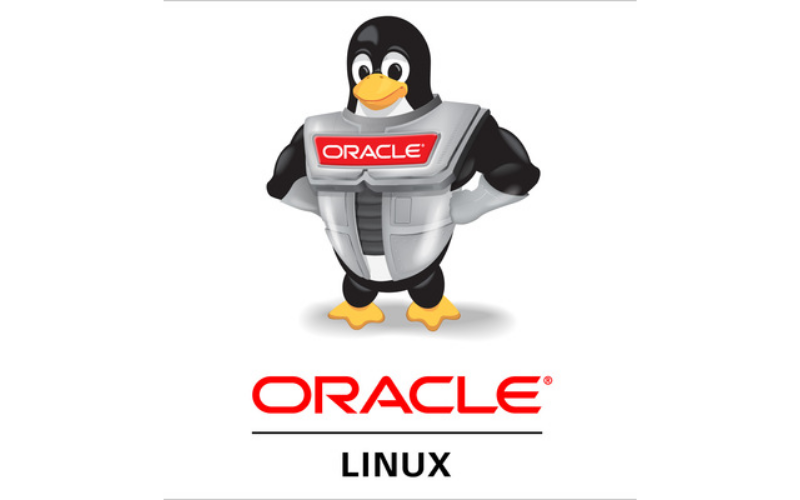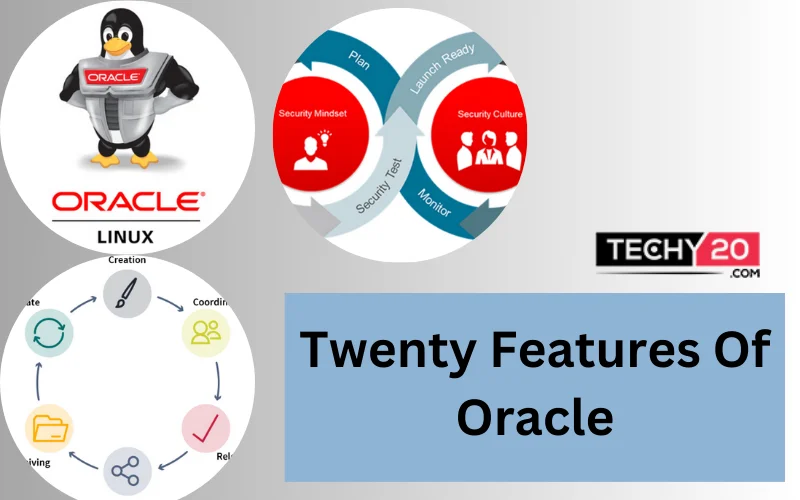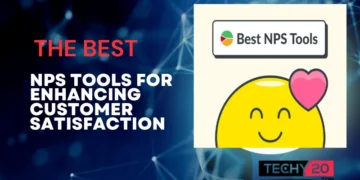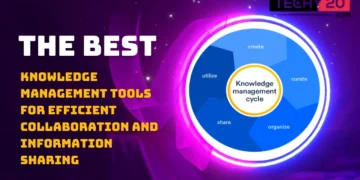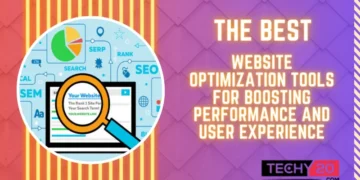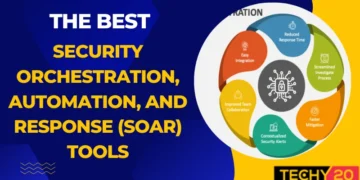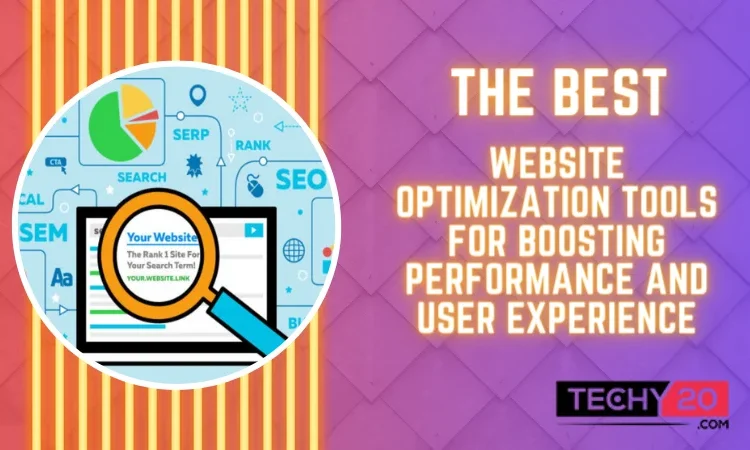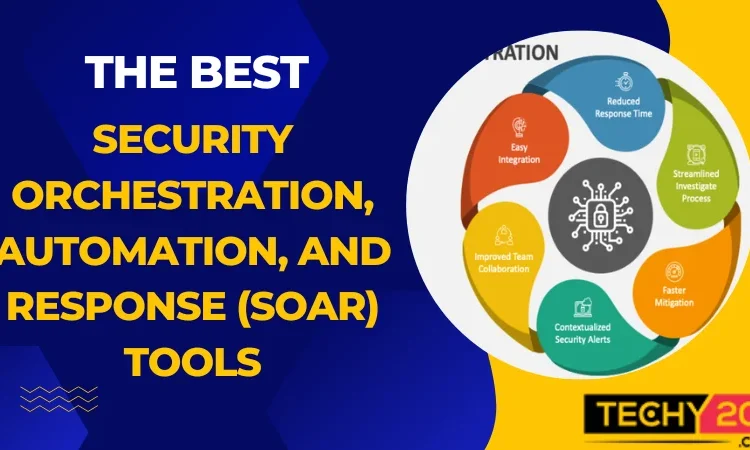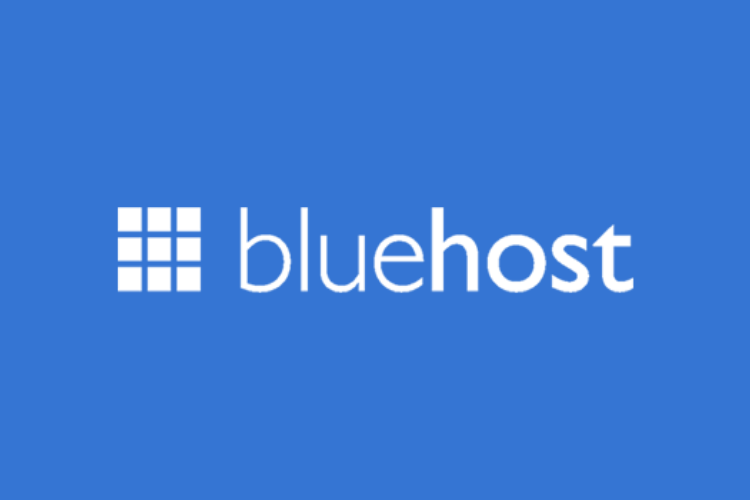Oracle Corporation is a multinational tech firm known for its several software and hardware products designed to support business computing. Founded in 1977 by Larry Ellison, Bob Miner, and Ed Oates, it has grown to become one of the global leading providers of cloud services, database management systems, and enterprise applications. They evolve their offerings to meet consumers’ challenges in an increasingly virtual and data-driven world. The products are used by several industries like retail, finance, manufacturing, and government to aid business processes and drive invention in the virtual era. Here are a few features of Oracle:
1. High Availability
High Availability (HA) is a critical feature in Oracle products, particularly in Oracle Database systems. HA ensures that applications remain accessible and operational even in the face of hardware or software failures. Oracle achieves HA through technologies like Real Application Clusters (RAC) and Data Guard. RAC allows multiple database instances to run simultaneously on different servers.
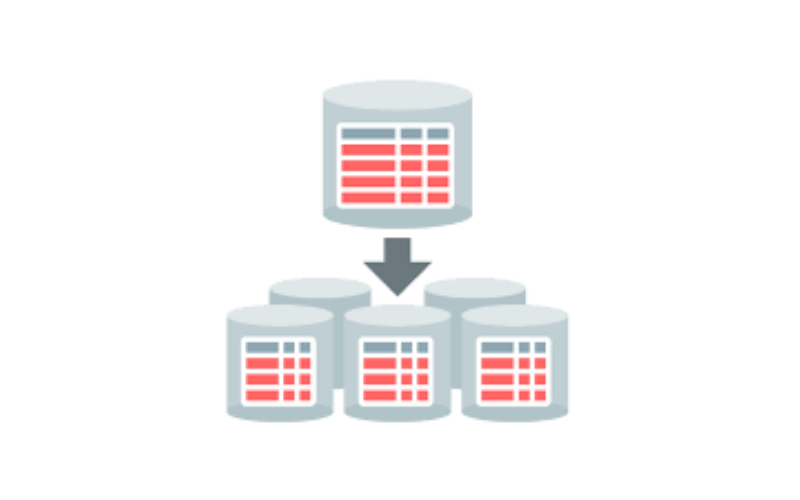
2. Scalability
Scalability is the ability to handle increasing workloads and data volumes efficiently. Oracle’s solutions are highly scalable, vertically and horizontally. Vertical scalability involves adding more resources to a single server, such as CPU or memory, to handle increased loads. Horizontal scalability involves adding many servers to a system and distributing the workload across them.
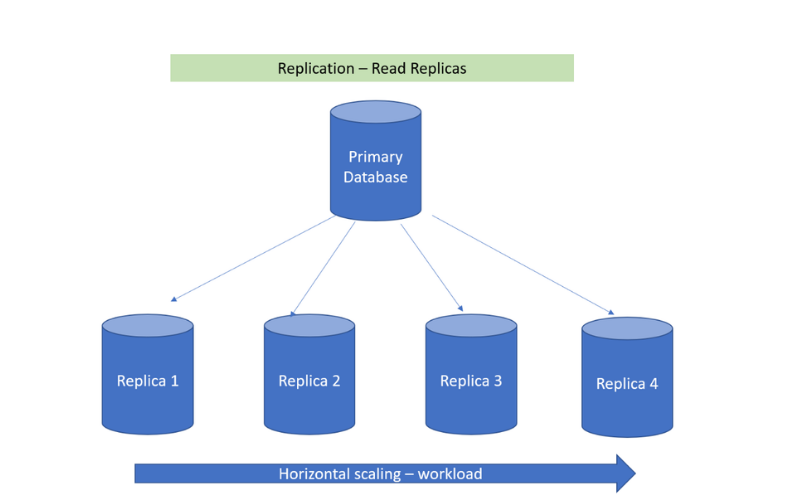
3. Performance Optimization
Performance optimization in Oracle products is achieved through various means. In Oracle Database, features like Partitioning allow organizations to manage and query large datasets more efficiently. The In-Memory Column Store accelerates query performance by storing data in memory in a columnar format. Automatic SQL Tuning uses ML algorithms to optimize SQL statements for better execution plans.
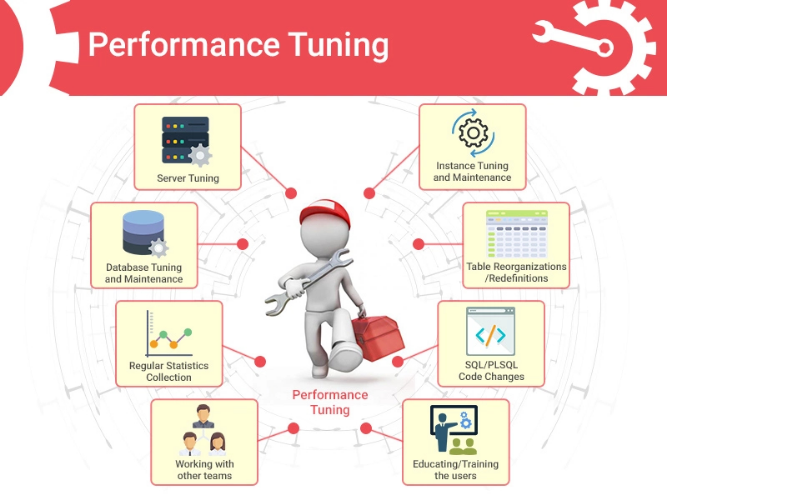
4. IaaS & PaaS
IaaS offers virtualised computing resources like virtual machines, storage, and networking, to host their services and applications in the cloud. PaaS delivers a platform for deploying, building and controlling applications without the complexity of infrastructure management. They enable organizations to choose the level of control and flexibility that best suits their needs.
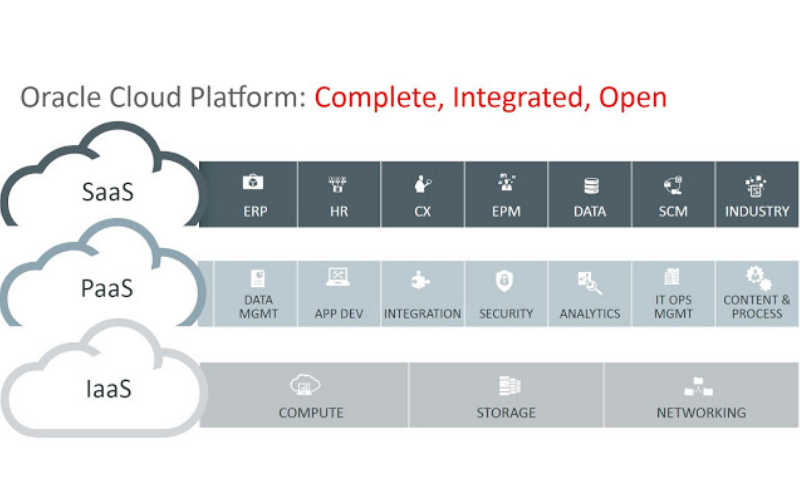
5. Integration
Integration capabilities are crucial for connecting various applications and systems within an organization. Oracle Integration Cloud simplifies the integration of cloud-based and on-premises applications, ensuring seamless data flow between different systems. It provides pre-built connectors and a visual designer for creating integrations without extensive coding.

6. Autonomous Services
Oracle Autonomous Services like Autonomous Database and Autonomous Linux are designed to be self-managing and self-securing. They use AI and ML algorithms to automate routine tasks like database tuning, patching, and security monitoring. They lower operational costs, lessen the need for manual intervention, and improve system reliability.
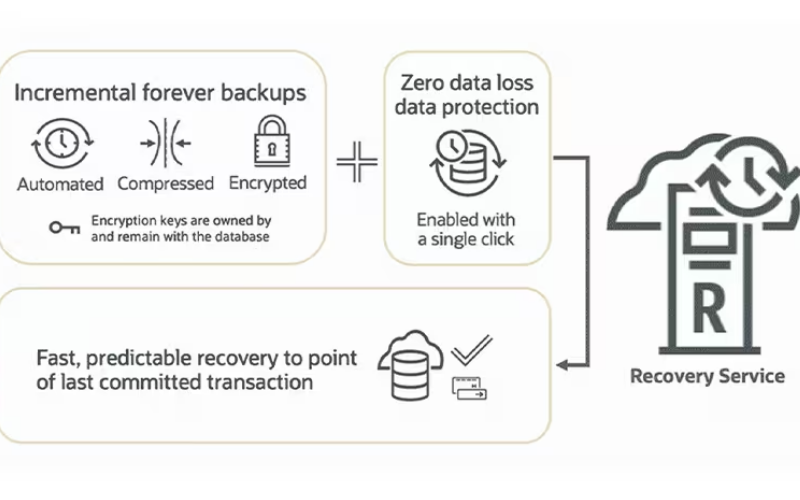
7. Sales And Marketing
Sales and marketing features in Oracle products are marketing automation, customer relationship management solutions, and sales analytics. They aid businesses in managing leads, tracking customer interactions, running marketing campaigns, and gaining insights into sales performance. Its Sales Cloud and Marketing Cloud are its products, offering a comprehensive suite of functionalities for sales and marketing professionals.
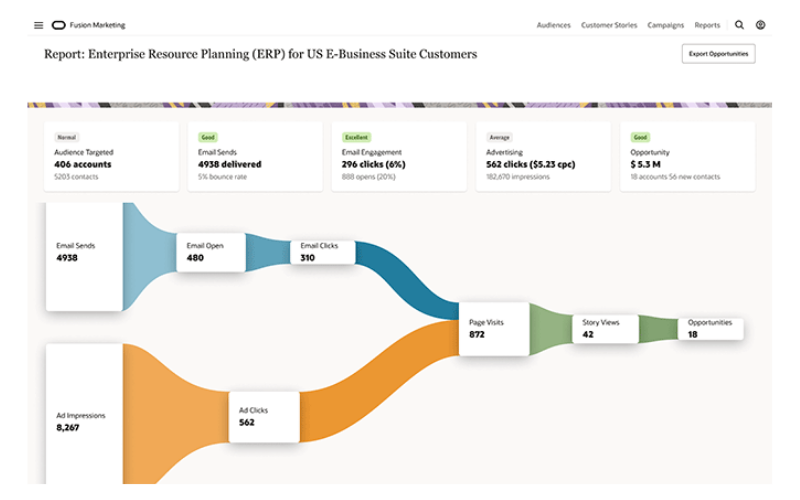
8. Business Process Management (BPM)
Oracle BPM solutions aid organisations to model, automate, and optimise their business processes. It lessens manual tasks, supports streamlined workflows, and enhances efficiency. It models complex business processes with user-friendly visual tools to design and implement workflows that align with organizational goals.
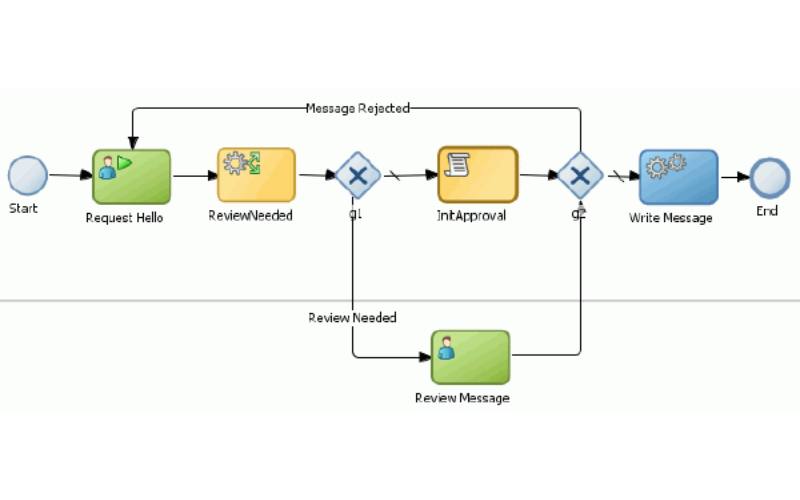
9. Data Visualization
Data Visualization tools in Oracle products, such as Oracle Analytics Cloud, empower users to build interactive and visually appealing dashboards and reports. These tools permit firms to transform data into actionable insights. Users can explore data, build custom visualisations, and share their insights with others.
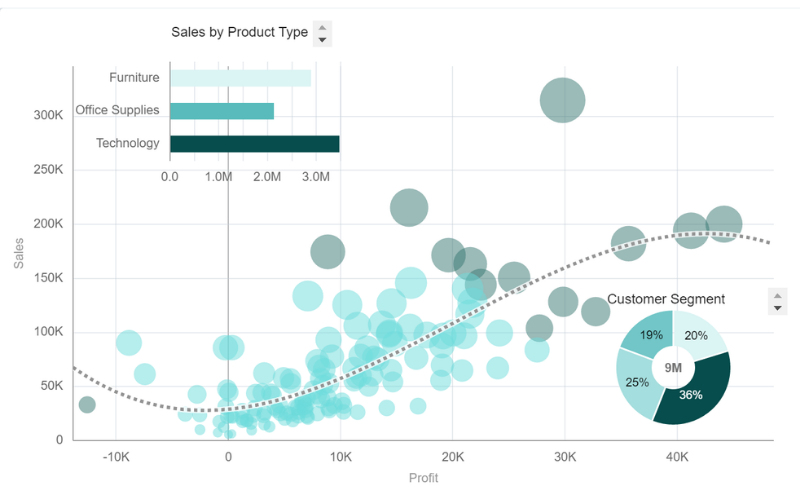
10. Big Data Analytics
Big Data Analytics in Oracle products involves processing and analysing huge and complex datasets. Oracle offers integration with Big Data solutions such as Hadoop and Spark, to gain valuable insights from vast amounts of data. It is utilised by industries dealing with bulk datasets like finance, healthcare, and retail.
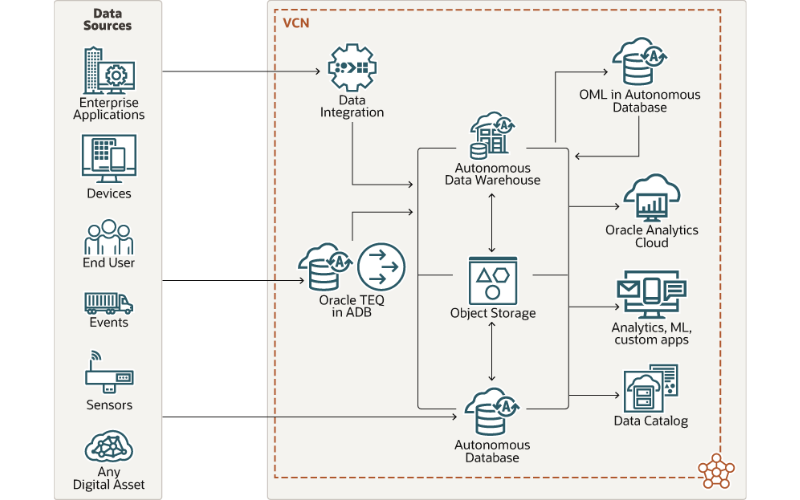
11. Java Development
Java Development is a critical part of Oracle’s software offerings. Oracle’s Java offerings are the Micro Edition (Java ME), Enterprise Edition (Java EE), and Standard Edition (Java SE). It delivers tools like Oracle JDeveloper and Oracle Application Development Framework (ADF) to ease out the application development.
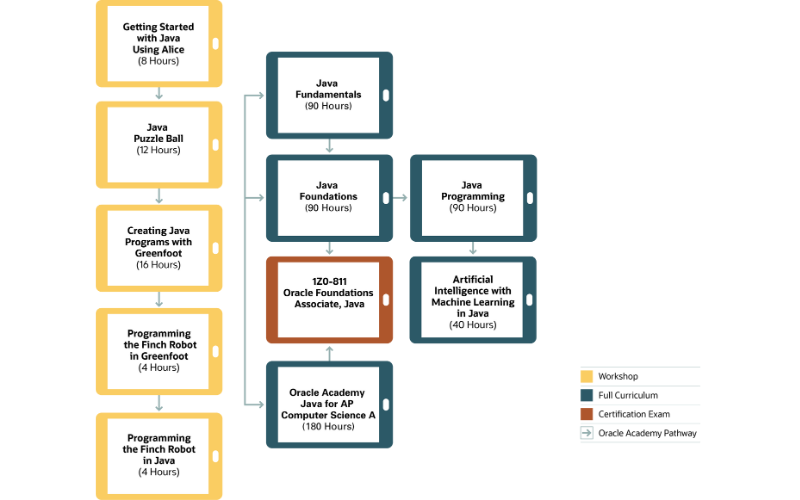
12. Application Development
Oracle has several tools and platforms to support application development. Oracle Application Express (APEX) is a low-code development platform to create web-based applications with minimal coding effort. Oracle Cloud Infrastructure (OCI) offers cloud-native deployment and development options to create and run applications in the cloud. Oracle Visual Builder Studio streamlines application development, testing, and collaboration.
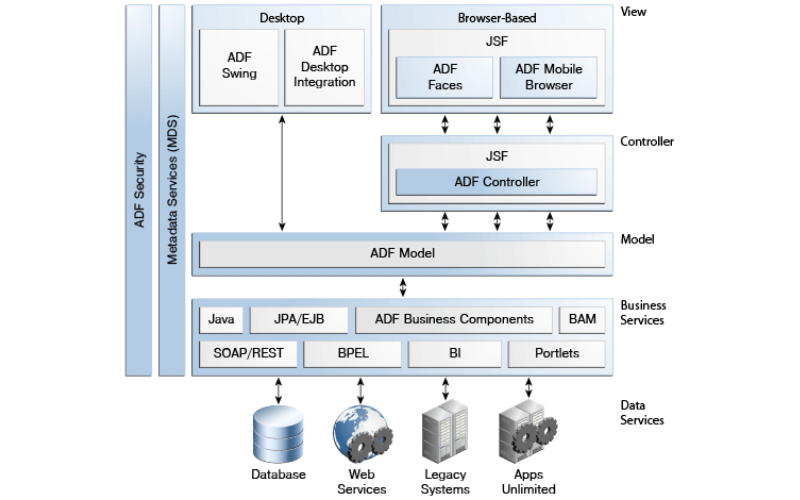
13. Database Development
Developers use Oracle Database to design, develop, and manage data-driven applications. Oracle delivers tools like Oracle SQL Developer to simplify database development tasks, such as SQL query writing, debugging, and performance tuning. It supports several programming languages and frameworks for database development, ensuring compatibility and flexibility.
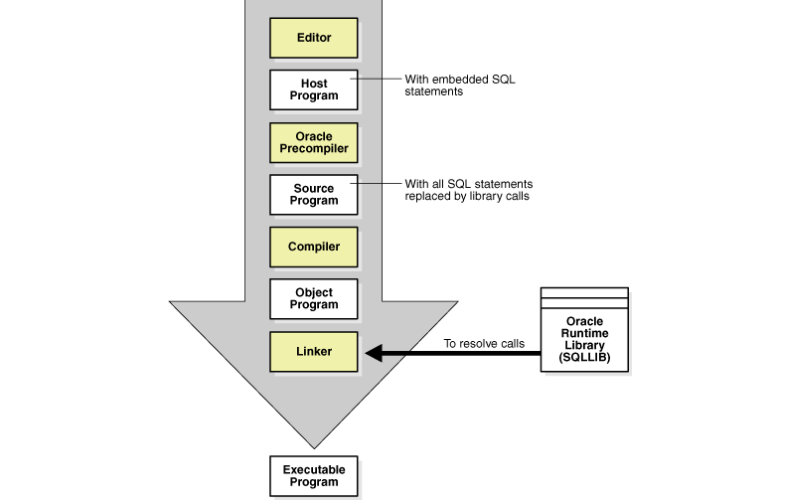
14. Database Security
Database Security is a top priority for Oracle. Oracle Database includes a robust set of security features to protect sensitive data from unauthorized access and cyber threats. Features like Oracle Transparent Data Encryption (TDE) encrypt data at rest, while Oracle Advanced Security provides network encryption and strong authentication. Oracle Database Vault offers fine-grained access control, and Oracle Label Security enforces data classification and access policies.
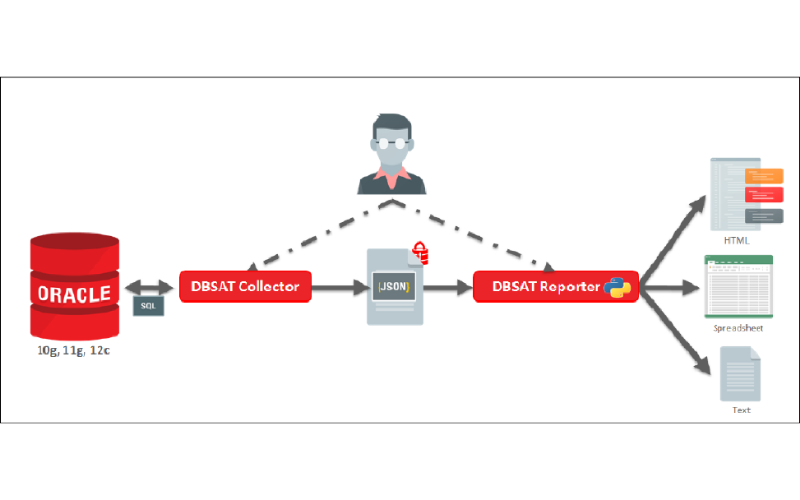
15. Cloud Security
Oracle Cloud Infrastructure provides comprehensive security functionalities Identity and Access Management for user authentication and authorization, Virtual Cloud Network for network security, and Oracle Cloud Guard for continuous tracking and threat detection. It offers Cloud Access Security Broker solutions to secure cloud applications and data, ensuring compliance and data protection in the cloud.
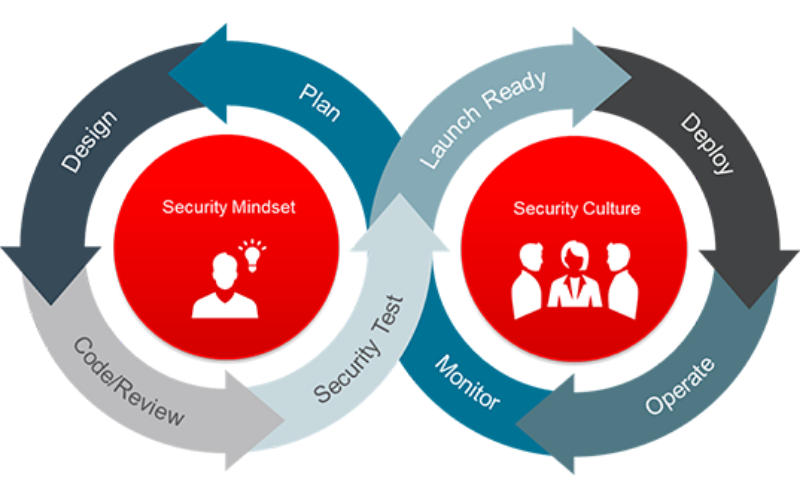
16. Ad Hoc Reporting
Oracle provides tools like Oracle Analytics Cloud allows accessing and analyzing data intuitively. Users can build ad hoc reports by dragging and dropping data elements, creating visualisations, and sharing insights with colleagues. Ad Hoc Reporting improves decision-making by providing real-time access to relevant data.
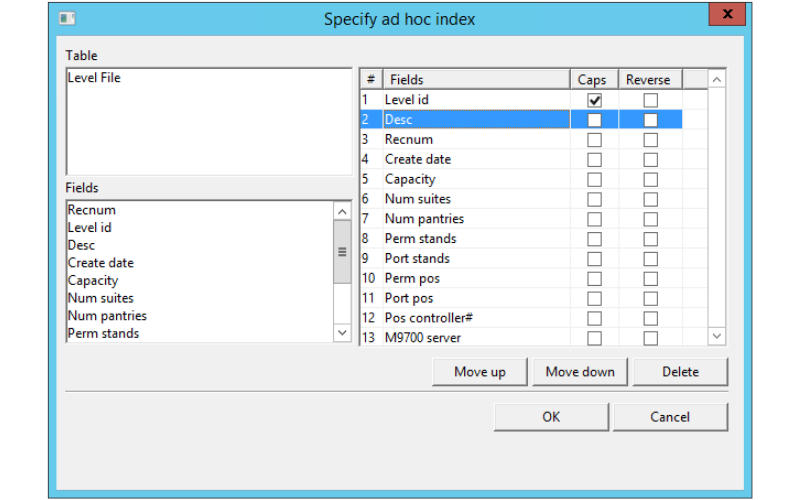
17. Document Management
Oracle Content and Experience Cloud (CEC) is utilised for Document Management and collaboration. It has a secure platform for managing, storing, and sharing documents across teams and departments. It delivers version control, content categorization, workflow automation, and mobile access to streamline document management processes.
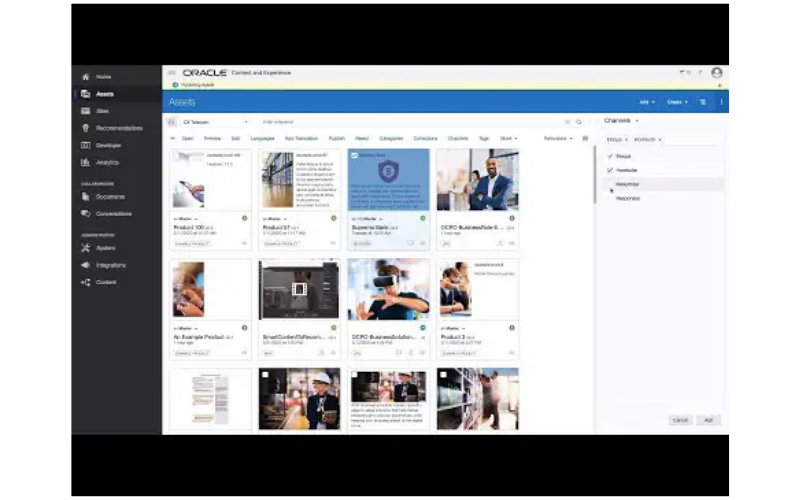
18. Digital Asset Management
Oracle Digital Asset Management (DAM) is a part of Oracle Content and Experience Cloud. They manage and distribute digital assets like images, videos, and documents efficiently. It has tools for metadata tagging, asset organisation, rights management, and content delivery to maintain a centralised repository of digital assets and ensure their apt use.
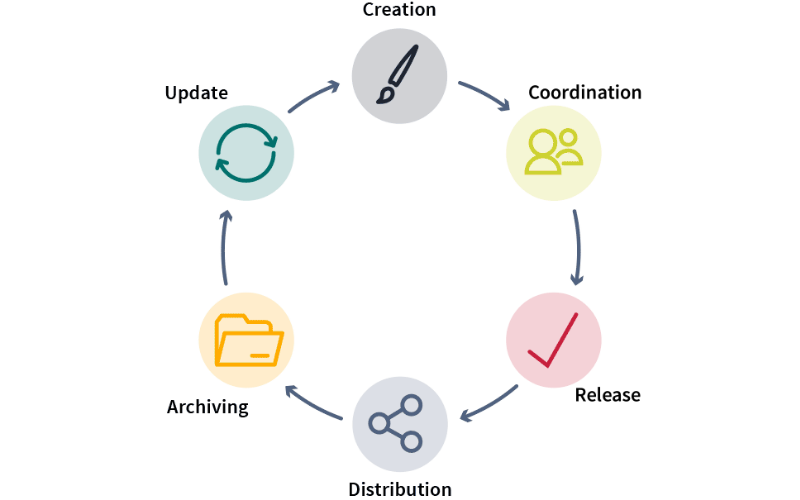
19. Java Cloud Service
Oracle Java Cloud Service provides a platform for deploying and managing Java applications in the cloud. Java Cloud Service supports various Java EE versions and provides tools for application monitoring, scaling, and backup and recovery. It offers cloud scalability and availability while permitting developers to focus on building Java applications without worrying about infrastructure management.
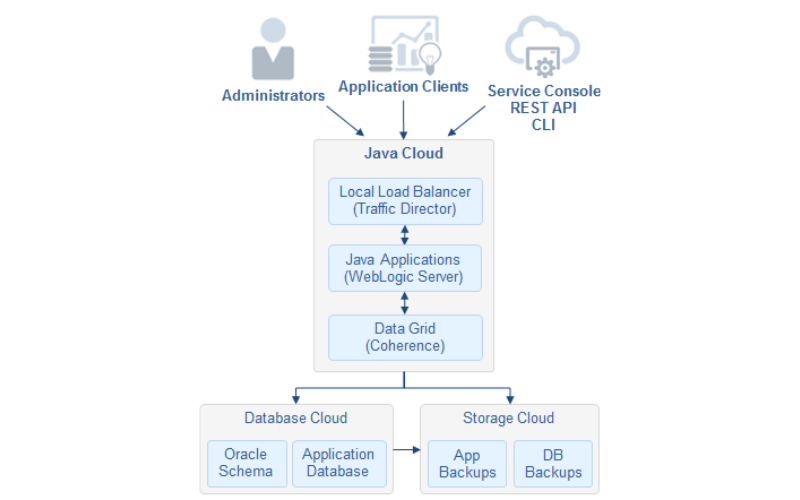
20. Oracle Linux
Oracle Linux is a distribution of the open-source Linux operating system that is developed, optimized, and supported by Oracle Corporation. It is a versatile and well-supported choice for enterprises running Oracle workloads, but it is apt for several applications and use cases.
